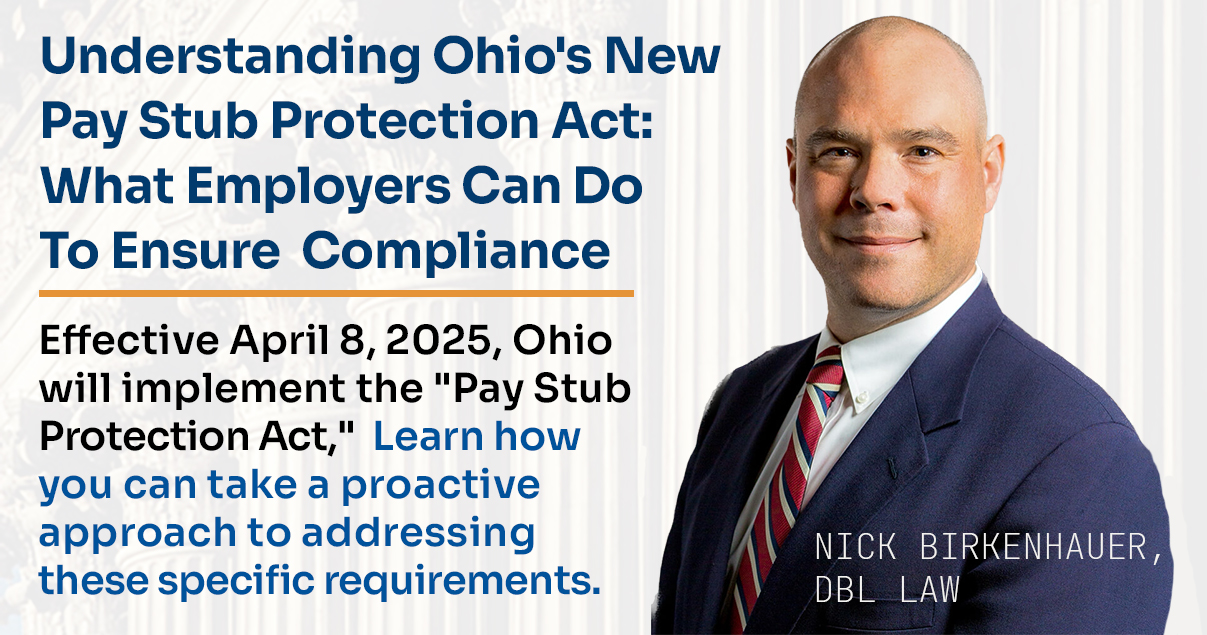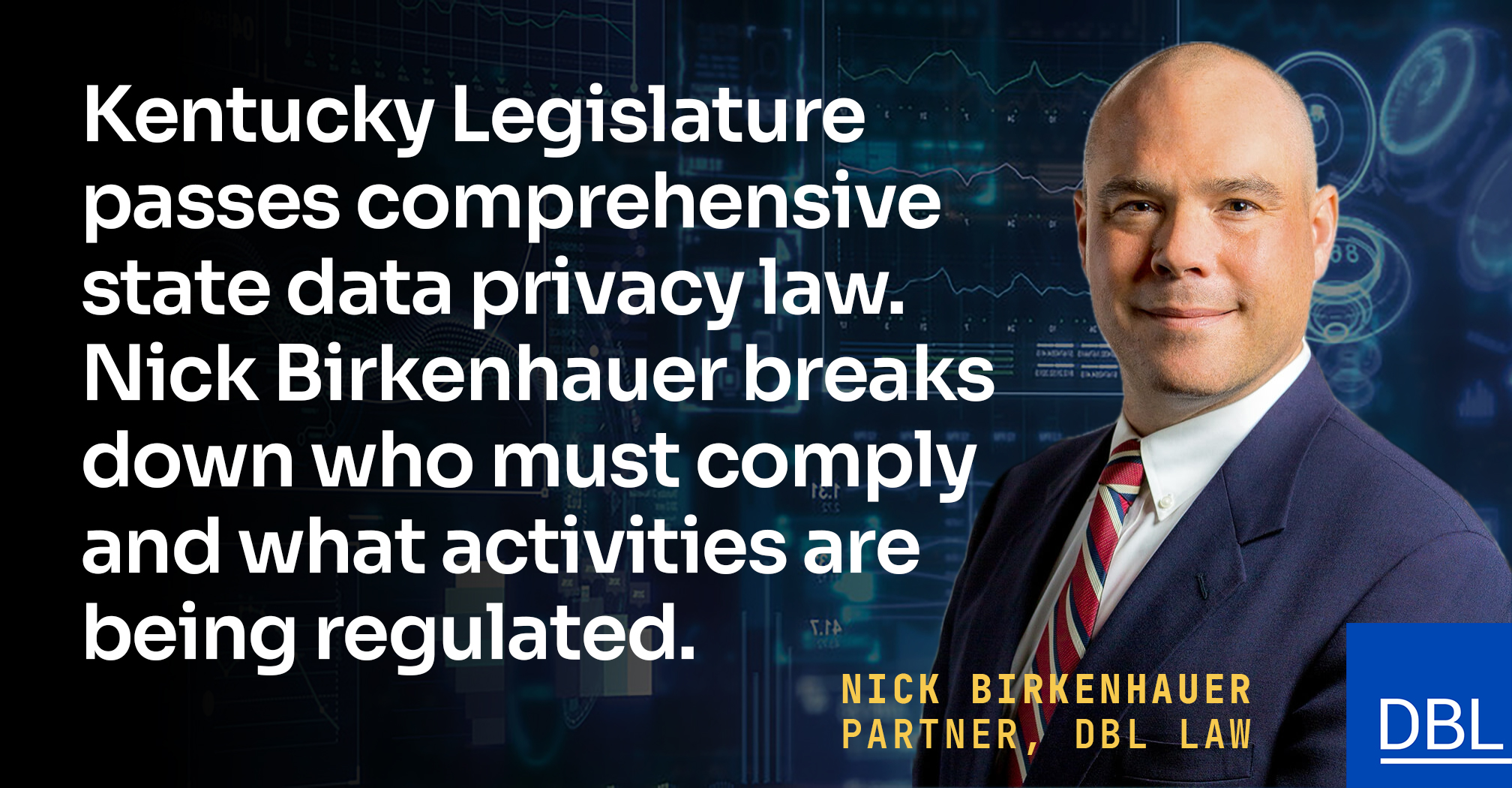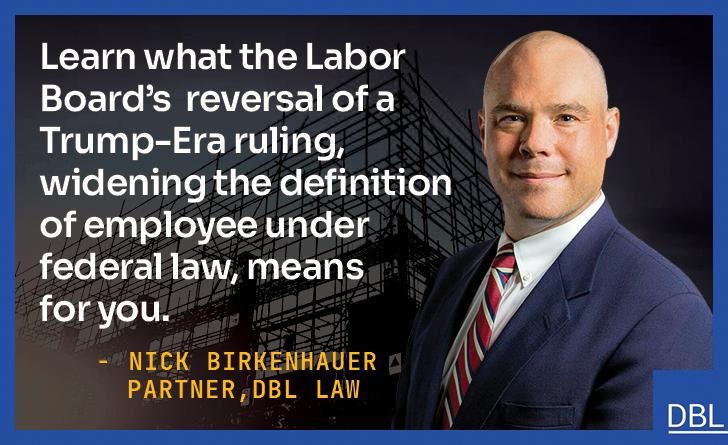The National Labor Relations Board (NLRB) has reversed existing law and ruled that an employer that allows employees access to its email system for business purposes must also allow employees to use that email system during non-working time for union organizing purposes. In Purple Communications, Inc., issued on December 11, 2014, the NLRB reversed a previous 2007 decision and held that employees have a presumptive right to use employer-provided email systems for union organizing and other protected, concerted activities.
In this decision, the NLRB held that “we adopt a presumption that employees who have been given access to the employer’s email system in the course of their work are entitled to use the system to engage in statutorily protected discussions about their terms and conditions of employment while on nonworking time, absent a showing by the employer of special circumstances that justify special restrictions.” Purple Communications reverses the NLRB’s prior decision on this subject in Register Guard, which was issued in 2007.
The NLRB explained the rationale for its decision by stating that “email is the most pervasive form of communication in the business world,” and that “some personal use of employer email systems is common and, most often, is accepted by employers.” The NLRB concluded that email has become a “natural gathering place” for employee-to-employee conversations and, therefore, should accommodate the exercise of Section 7 rights by employees. The NLRB also decided to apply this new rule retroactively.
While the NLRB’s new holding in Purple Communications represents a dramatic shift in the law, the decision does have some notable limitations, including the following:
- Employers are not required to provide email to employees.
- The rule only authorizes employees to send Section 7 communications during nonworking time, not during working time.
- The rule only applies to email, not other electronic communications systems that employers may provide.
- The rule only applies to employee use of email. It does not authorize non-employees to access employer-provided email.
- An employer may rebut the presumption that employees should be able to send Section 7 communications via employer-provided email by showing that “special circumstances make the presumption inappropriate in its workplace.” However, the NLRB cautioned that “it will be the rare case where special circumstances justify a total ban on nonwork email use by employees.”
- Short of a total ban on nonwork email use by employees, employers may still maintain “uniform and consistently enforced controls over their email systems to the extent that such controls are necessary to maintain production and discipline.” However, to justify a particular restriction, the employer must be able to “demonstrate the connection between the interest it asserts and the restriction.”
- Employers may still “monitor their computers and email systems for legitimate management reasons, such as ensuring productivity and preventing email use for purposes of harassment or other activities that could give rise to employer liability.”
The takeaway for employers is that subject to certain limitations, employees now have a presumptive right to use employer-provided email during nonworking time to send communications related to union organizing or other concerted and protected activities under Section 7 of the NLRA. Purple Communications does, however, leave open a number of unanswered questions, such as what “special circumstances” might justify a total ban on nonwork email use. This question, and others, will have to be answered in future cases.
Nick Birkenhauer is an attorney in the law firm of Dressman Benzinger LaVelle, with offices in Cincinnati, Ohio, Crestview Hills, Kentucky, and Louisville, Kentucky.




